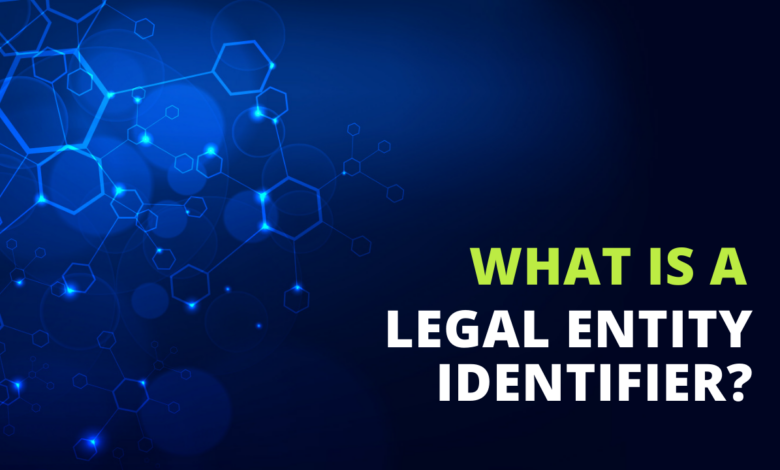LEI: The Key to Compliance in UK MiFIR and UK EMIR Regulations

Table of Content
Regulations are imperative in maintaining transparency and mitigating risks in financial transactions. Two significant regulations that have reshaped the economic landscape in the United Kingdom are MiFIR (Markets in Financial Instruments Regulation) and EMIR (European Market Infrastructure Regulation). These regulations have transformed how financial transactions are conducted, and at the heart of compliance with MiFIR and EMIR lies the LEI Register (Legal Entity Identifier). This article will explore how LEI is critical to compliance with UK MiFIR and UK EMIR regulations.
Understanding MiFIR and EMIR
Before delving into the role of LEI, it’s essential to comprehend the essence of EMIR and MiFIR regulations:
MiFIR: MiFIR is a comprehensive European Union regulation that governs various aspects of financial markets, including trading financial instruments. It aims to enhance transparency, efficiency, and investor protection within these markets. MiFIR mandates the reporting of transactions to authorised regulatory bodies. Accurate and timely reporting is crucial for market surveillance and regulatory oversight.
EMIR: EMIR, on the other hand, focuses on regulating over-the-counter (OTC) derivatives markets. It seeks to reduce risks and increase transparency in the derivatives market. EMIR requires entities engaging in derivative transactions to report details of these transactions to a trade repository.
Read Also: Understanding the Immigration Process in Los Angeles
The Role of LEI in MiFIR and EMIR Compliance
The Legal Entity Identifier, or LEI, is an exceptional 20-character alphanumeric code assigned to legal entities participating in financial transactions. LEIs were introduced to provide a standardised and globally recognised means of identifying legal entities involved in financial transactions.
Ensuring Counterparty Identification: One of the primary functions of LEI in MiFIR and EMIR compliance is to facilitate the accurate identification of counterparties in financial transactions. As MiFIR (Markets in Financial Instruments Regulation) and EMIR (European Market Infrastructure Regulation) regulations require reporting transactions to regulatory authorities, having a universally accepted identifier like LEI ensures that counterparties can be identified consistently and unambiguously.
Enhancing Transparency: LEI contributes significantly to the transparency objectives of MiFIR and EMIR. By mandating LEI, these regulations make it easier for regulators to monitor and analyse market activity. Timely and standardised reporting of transactions with LEI codes allows regulators to detect potential market abuses, such as insider trading or market manipulation.
Streamlining Reporting: Compliance with MiFIR and EMIR reporting requirements can be complex and resource-intensive. LEI simplifies this process by providing a standardised identifier that can be readily incorporated into transaction reports. This streamlines reporting and reduces the risk of errors or discrepancies.
Cross-Border Transactions: Both MiFIR and EMIR have extraterritorial reach, meaning they apply to transactions involving entities outside the European Union (EU). LEI plays a crucial role in identifying non-EU entities participating in these transactions, ensuring that the regulations are applied consistently across borders.
Obtaining and Maintaining LEI
Entities must obtain and maintain their LEI codes to leverage the benefits of LEI in compliance with MiFIR and EMIR . This involves an initial registration process and subsequent annual renewals to keep the LEI information current. Entities can obtain LEIs through accredited LEI providers, ensuring that their LEIs are recognised and accepted across the financial industry.
Conclusion
Compliance is not optional in financial regulations, and accurate and timely reporting is paramount. MiFIR and EMIR regulations in the UK have reshaped the economic landscape, and LEI has emerged as the linchpin for compliance with these regulations. It simplifies counterparty identification, enhances transparency, streamlines reporting, and facilitates cross-border transactions. Entities engaging in financial transactions in the UK must recognise the pivotal role of LEI in ensuring compliance with MiFIR and EMIR . By obtaining and maintaining their LEIs, entities adhere to regulatory requirements and contribute to financial markets’ integrity and transparency. LEI has become the key to unlocking compliance in the dynamic financial transactions governed by MiFIR and EMIR.




